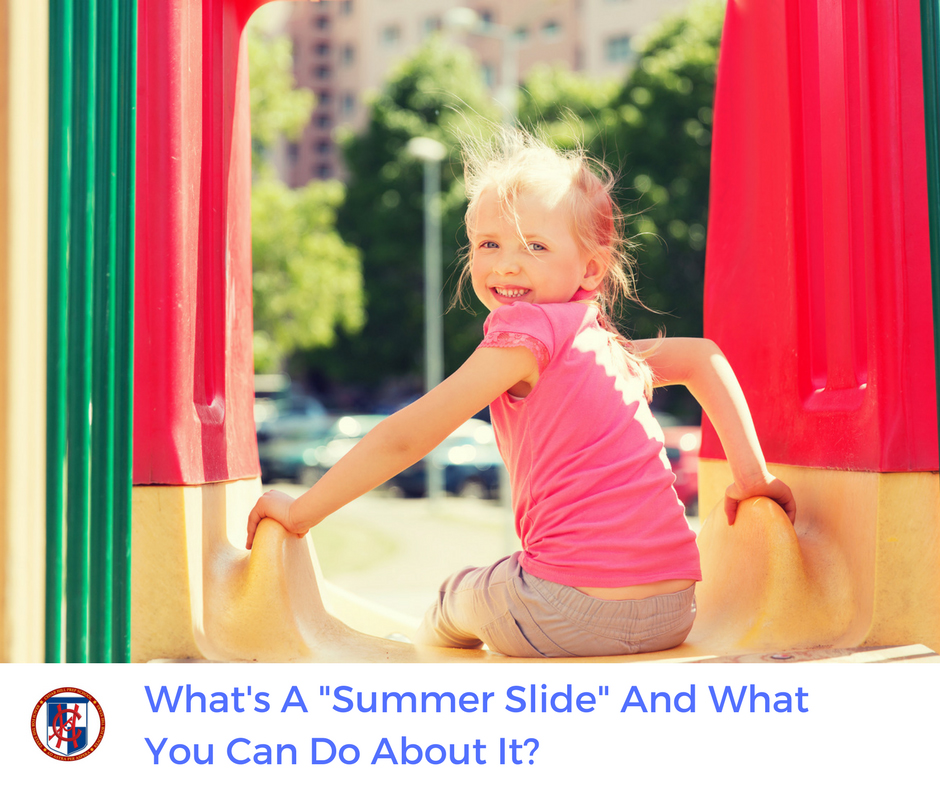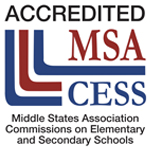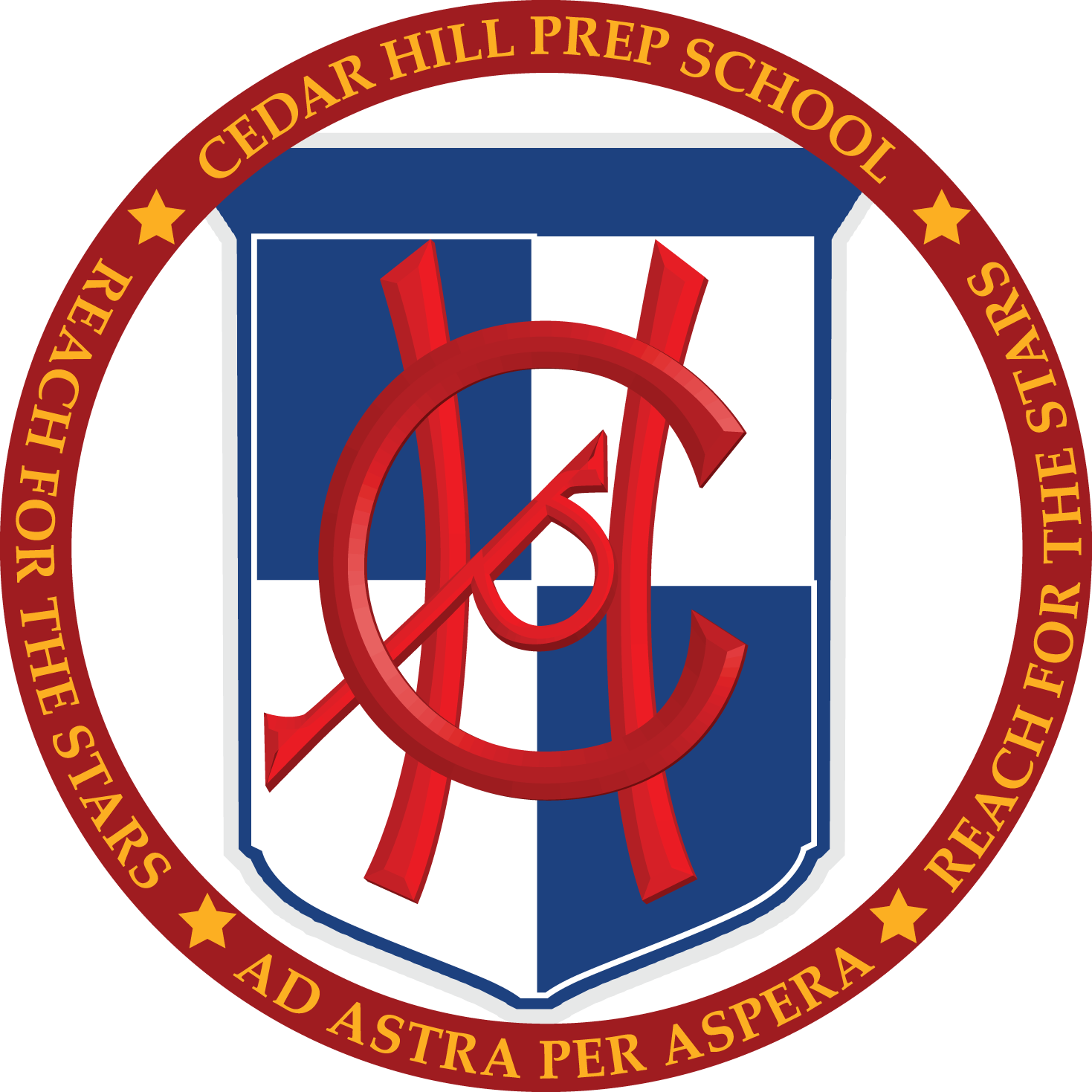
Summer is a great time for kids to have fun, relax, and create lasting memories. But it is also a time when many students will lose some of their academic achievement gains made during the previous school year. This phenomenon has been referred to by the educational community as the “summer slide” or “summer learning loss.” Today, we would like to discuss the research surrounding the “summer slide” problem and how we, as educators and parents, can address the issue and better educate our children.

What The Research Says About Summer Slide
A variety of studies and research efforts demonstrate that summer is a very perilous time for students’ academic achievements. Here are some of the highlights of the research:
- An analysis of almost 40 studies conducted since 1978 demonstrated that, when out of school, all students score lower on standardized math tests. Specifically, the studies showed that students perform poorer at the end of the summer than on the same exams at the beginning of the summer.
- 2.6 months of math skills are typically lost over the summer.
- 2 months of reading skills are typically lost over the summer.
- Nationally, approximately 4-6 weeks in the fall are spent catching up on losses from summer slide.
- Summer slide can be recognized as early as 1st grade.
- Summer slide is cumulative and periods of differential learning rates between low-income and higher-income students negatively impact America’s achievement gap.
- Parents have a big role to play in preventing summer learning loss. Numerous studies have shown that children have better reading outcomes when parents involve themselves and help their children learn to read.
- Students who are alone for most of the day over the summer not only risk summer learning loss, but are more likely to drop out altogether.
It is Still Important For Kids To Have Fun
If you ever attended our summer camps, you know that we believe kids should have fun during summer break. It is crucial for kids to do something else for a change, get exposed to new things, spend a lot of unstructured playtime outside, relax, and make new friends during summer vacation.
Research shows that spending time at summer camp helps kids learn social skills and develop positive relationships with others. Furthermore, summer camp and outdoor play can help kids become successful adults by teaching them to cooperate with others, interact with new people, and develop emotional intelligence.
What You Can Do To Prevent Summer Slide
While it is important to relax and have fun, there are things that you can do to prevent summer slide. Below are some recommendations by age group, but most of them apply to children of all ages.
Recommendations For Preschool Aged Children
- Continue to read with your child throughout the summer. Reading with your child even twice a week can make a big difference in reading achievement.
- Encourage your child to write in a journal. Keeping a diary of fun activities not only helps your child remember his or her summer memories, but it strengthens his or her writing, spelling, and cognitive abilities.
- On rainy days, plan arts and crafts activities. Not only are they fun, but they can help your child develop bilateral coordination, fine motor skills, and self-regulation skills.
- Spend time baking. Besides general life skills, baking is a great opportunity for your child to learn measurement, communication, and comprehension skills.
- Encourage your child to solve puzzles. Puzzles have been shown to improve kids’ problem solving, cognitive, and hand-eye coordination skills. Why not try one together?
- Take your child to museums. Museums can encourage your child to compare and contrast, develop language skills, use creative thinking, and become more inquisitive.
- Spend a Sunday gardening together. Gardening can help help your child relieve stress and improve his or her focus and memory.
- Give your child time to have unstructured play outdoors. Not only can this help your child to foster positive relationships with others, but it helps him or her to develop his or her imagination.
Recommendations For Lower Elementary School Aged Children
- Practice basic math facts. Lower elementary school is a crucial time for your child to learn the basics of mathematics and, as we mentioned earlier, 2.6 months of math skills are typically lost by children over the summer. Don’t let those math skills slip during summer vacation!
- Encourage your child to read recreationally. Not only is recreational reading fun, but it can improve your child’s academic motivation, attitude towards reading, and general reading achievement.
- Visit historical sites around NJ to spark your child’s appreciation of history, improve his or her reading abilities, and encourage inquisitiveness.
- Introduce websites to your child that allow him or her to practice for upcoming competitions such as the National Geographic Bee, National Spelling Bee, and National History Bee.
- Expose your child to new things. Why not learn together how to code with sites like Tynker, Code.org, and TechRocket?
- Finally, utilize our summer homework packets to make sure your child doesn’t fall behind. Incoming 4th grade students are asked to select 2 books to read from a large and varied list of books and then complete a book review template for each. In addition, they are asked to complete 2 math books that review the work they did in 3rd grade. These packets are designed specifically to ensure that your child doesn’t lose his or her academic skills during the summer months.
Conclusion: Finding The Right Balance
The perils of summer slide are scary, but that certainly doesn’t mean your child should be indoors all day studying math and science. It’s about finding the right balance between fun and activities that encourage academic growth. Ideally, we should all be encouraging our children to participate in activities that are both fun and intellectually stimulating.
What activities do you have planned this summer?





